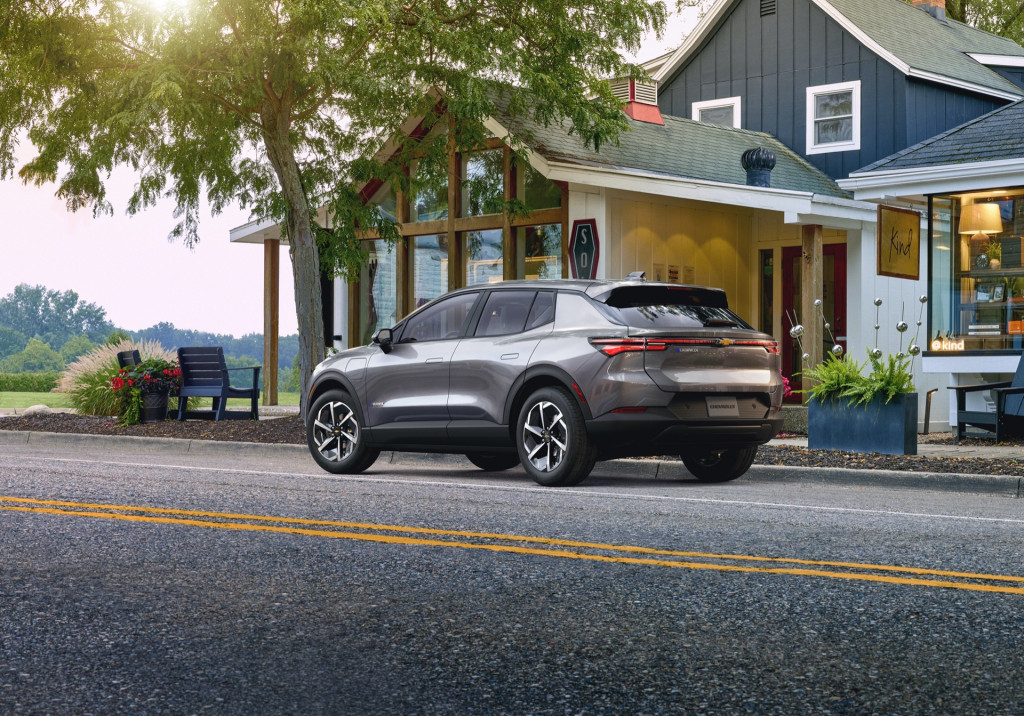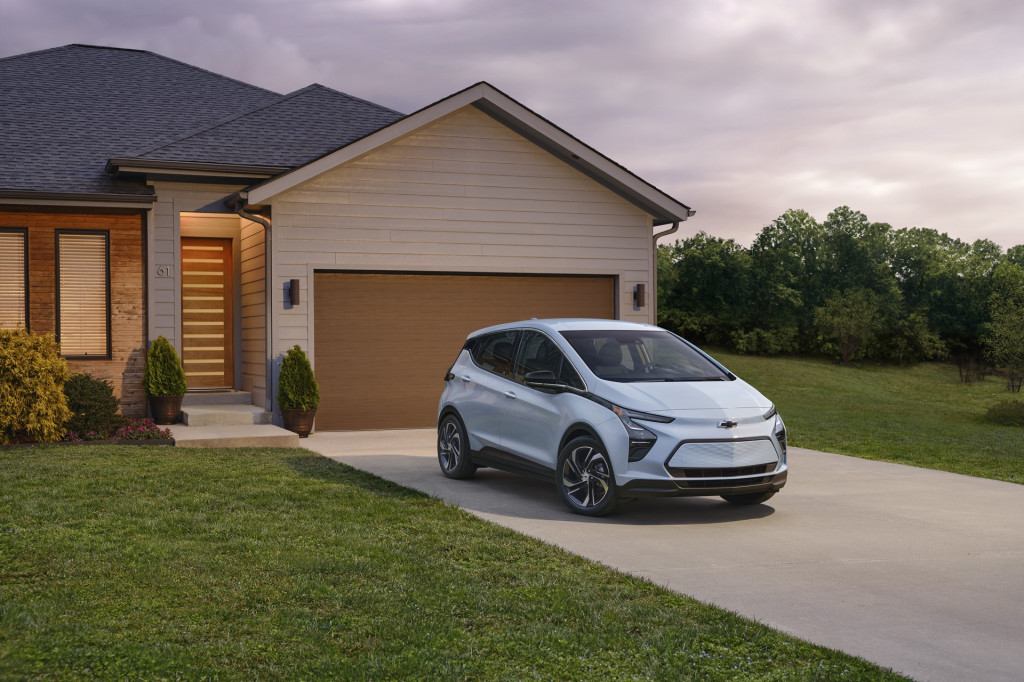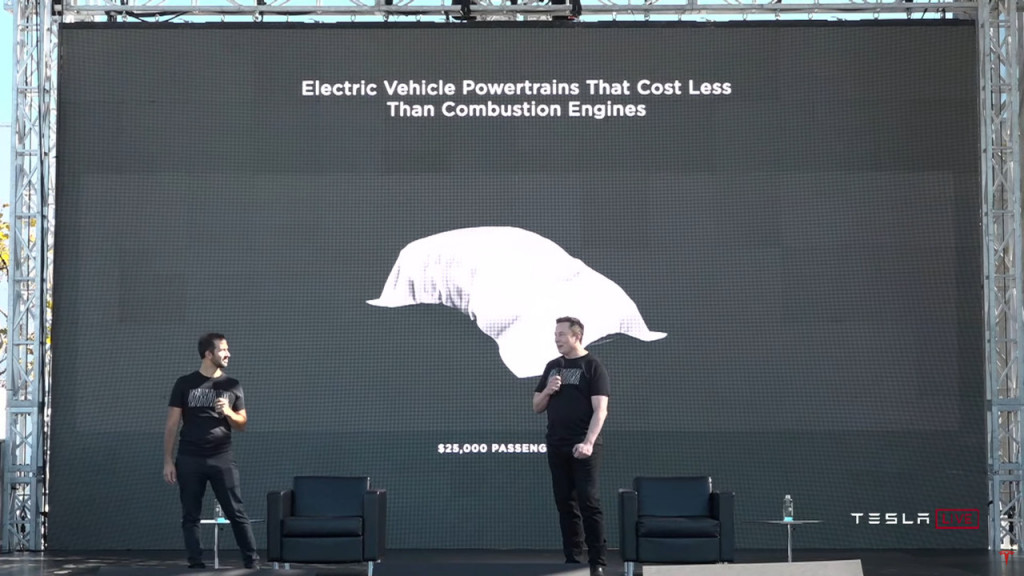Look below the $25,000 price point for new vehicles, going purely by sticker prices, and you’ll find plenty of options in smaller gasoline-fueled cars and crossovers—some of them hybrid. But none in that price range are EVs.
According to Automotive News, citing Stellantis CEO Carlos Tavares, this is a price point the automaker, which includes Fiat and Jeep, would like to meet—although union negotiations may partly be getting in the way. Tavares reportedly suggested that middle-class EV affordability was something the company needed to discuss with union partners, while the UAW told Automotive News that Stellantis’ business model is broken and it can build affordable EVs in the U.S. without asking for workers’ sacrifice in wages or benefits.
In Europe, Stellantis will in 2024 start selling a Citroen e-C3 EV that costs about $27,500. Volkswagen has promised an affordable EV for Europe in 2025 in the same price range, as previewed by the VW ID.2all concept.
At present, no automakers manage to meet even that price point in the U.S., going strictly by sticker prices (yes, there’s more to this, so read on). The only two EVs arriving at under $30,000 including mandatory fees, for 2023, are the Nissan Leaf at $28,895 and the Chevy Bolt EV at $27,495.

2024 Chevrolet Equinox EV
GM CEO Mary Barra said in May that sub-$40,000 EVs can’t yet be profitable, yet GM recently confirmed that both a revamped Bolt EV and the 2024 Chevrolet Equinox EV remain due soon with that price point.
Of those two, the $30,000 Equinox EV will be Mexico-made. It’s unclear where the future Bolt EV might be built, with its present Michigan plant being repurposed toward electric truck production.
Fisker is another brand that might be able to crack the code with a $30,000 U.S.-made EV, if not a $25,000 one. If it can manage to ink a deal with Foxconn, the $29,900 Fisker Pear might be built at GM’s former factory in Lordstown, Ohio.

2023 Chevrolet Bolt EV
$25,000 EV is already here—sort of
The largest single item that makes EVs more expensive to build versus gasoline models is the battery pack, however, not labor. With a hike in the price of EV batteries in 2022 and prices not expected to fall again, it presents a dilemma for automakers as they balance costs. Federal incentives can help cut the cost of domestic batteries and potentially, via the EV tax credit, cut the cost of American-made EVs by up to $7,500—or even more including state-specific incentives.
The Bolt EV, for instance, already meets the cut for the $7,500—meaning that if you can find a base model and meet the tax credit’s income requirements, it already effectively costs $19,995. The Equinox EV is also likely to meet some if not all of the American-made requirements and thus could also land under $25,000 if you consider the credit.

$25,000 Tesla teased for 2023 – Battery Day
Tesla made one of the primary points of its 2020 Battery Day that its quest to halve the cost of battery cells will enable the company to produce a “compelling” $25,000 EV in 2023. Although Tesla hasn’t provided a comprehensive update on how that project might be going, and CEO Elon Musk has at times seemingly worked to downplay the possibility, the company has more recently said that it will need a more affordable EV than its Model 3 and Y.
Tesla has given no indication of where it might build such a model for the U.S., though—or whether, like Volvo and its most affordable EV, the EX30, it will simply decide to import the EV, battery, and all from China.

